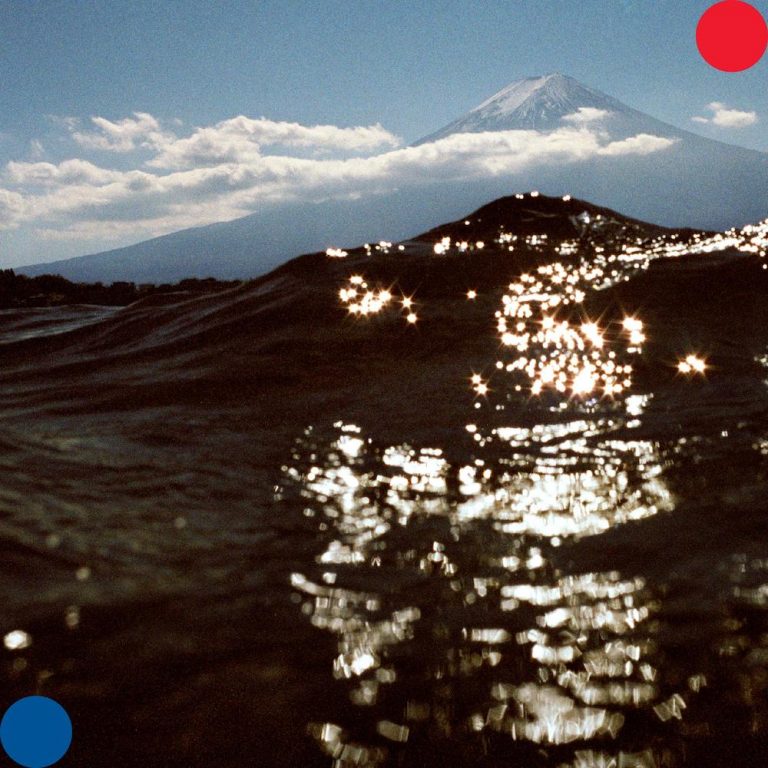It’s no surprise that, after nearly 20 years, Australian synth-pop act Cut Copy would want to shake things up again. After a break-out debut album and an even more impressive follow-up in the still fantastic In Ghost Colours, the band had poised itself to stand atop the synth-pop podium. As with most artists who find themselves abruptly at the center of the zeitgeist, Cut Copy tweaked and tinkered with their sound while still trying to preserve their core identity. Consequently, each subsequent release lost a small piece of what made the band so compelling in the first place so that they could introduce something new. However, ‘new’ does not always mean ‘better’, and that rings true more than ever on Cut Copy’s sixth studio album, Freeze, Melt.
To be clear, nothing about Freeze, Melt is outright egregious or unlistenable; most of the tracks are pleasant, innocuous synth-pop offerings perfect for coffee shop playlists and other passive listening environments. If you start paying close attention, though, the smooth, icy surface of Freeze, Melt begins to show its cracks.
Things kick off on a high note with a trio of tracks that display the best of what the album has to offer. Lead single “Cold Water” is a fitting introduction to the new direction Cut Copy has adopted, featuring arpeggiated synth plucks, pillowy electronic drums, and wispy atmosphere. Cut Copy have ditched the euphoric maximalism that once defined their music for a slender, idyllic take on ambient pop. In a press release for the album, frontman Dan Whitford said what they had created was “less dance and more atmospheric.” While the music on Freeze, Melt is less rooted in dance music, it fails to capture the sweeping atmosphere and layered tones that characterize great ambient music.
“Love Is All We Share” is the closest Cut Copy come to achieving a satisfying blend of their past sound with a more atmospheric twist. Here, Whitford wonders if love is the only real constant left in a world of shifting, unstable variables: “Can you feel it in your bones? / Can you feel it in your fingers?” he ponders. Between the throbbing hum of bass and glistening synth leads, Whitford’s voice swells and doubles up on itself, providing one of the more memorable vocal performances on the record. As a whole, the sparse arrangements allow for Whitford to explore more contemplative, poetic territory with his lyrics. Still, many of the songs fall into cliché pitfalls with overused imagery of crumbling worlds and cruelties of love.
Throughout Freeze, Melt, Cut Copy incorporate a few techniques to hammer their new sound into shape, but their methods often feel heavy-handed. Arpeggiation, in particular, is rampant on the record, with most of the tracks centered around straightforward arpeggiated synth tones that serve as a structural basis for the entirety of a song. The biggest offender of this is “Stop, Horizon”, a long, largely instrumental track that is all build-up and no payoff. At first, the arpeggiated guitars and placid synths sound like they are guiding the listener toward something more compelling, but by the time the beat takes shape four minutes in, the moment for any meaningful development has already come and gone. Similarly, “Rain” begins with some back-and-forth synth chords that almost sound like an alternate-universe intro to The Who’s “Baba O’Riley”, but doesn’t manage any meaningful development until the bridge. Here, the band could have used this shift to traverse new terrain, but instead, the track quickly regresses back to how it began and fades out with a whimper. Not every song has to end with a bang, but the arrangements on Freeze, Melt too often travel the path of least resistance.
The album closes with “In Transit”, a purely instrumental affair and the greatest departure from any of Cut Copy’s prior personae. Though there are some intriguing components, including a sporadic synth freakout, ultimately, the whole is not greater than the sum of its parts. “In Transit” would function well as the comedown on an album full of songs bursting with primal energy, but Freeze, Melt never manages to generate the raw power necessary for that to be the case. Rather, the entirety of Freeze, Melt is meditative in the most inoffensive sense; there is no gravitational force – no push and pull to the songs for them to have any more impact than a gentle breeze has on a vast, surging ocean.

